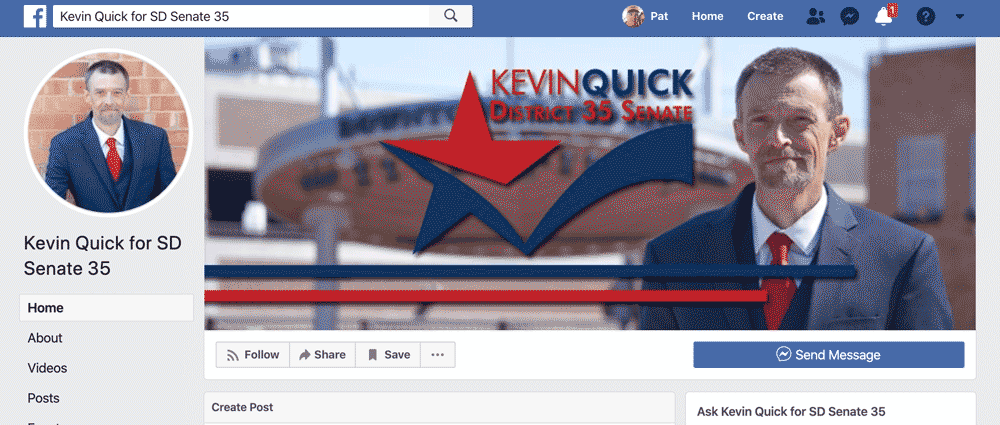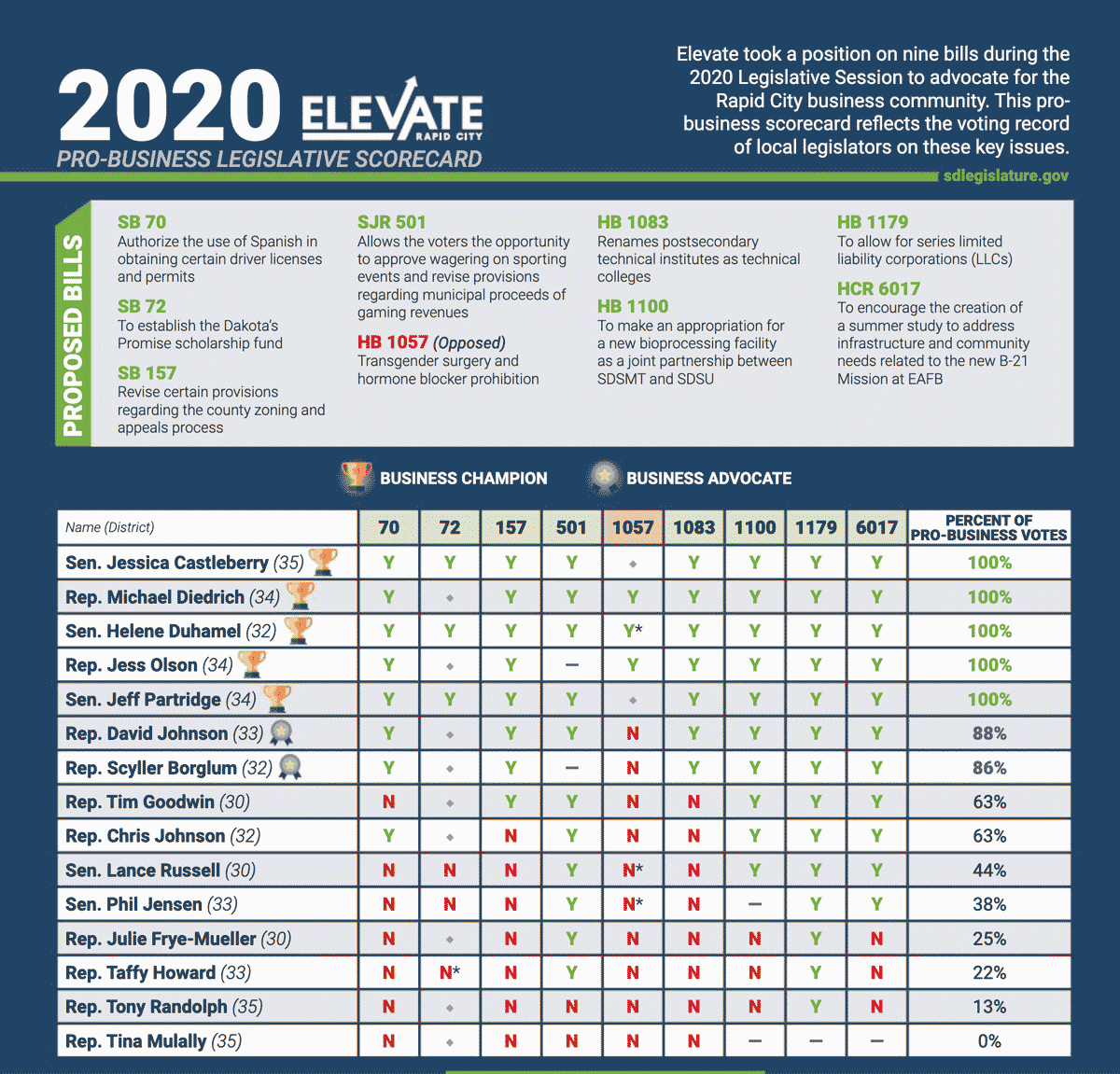Governor Noem is showing she is up to the COVID-19 challenge and we should be grateful she is in charge.
By Troy Jones, Guest Columnist
Facts (as of today, even after the new cases at Smithfield):
Cases:
USA per million: 1,750
So. Dak. per million: 1,000
SFSD SMSA per million: 2,730
NYNY SMSA per million: 9,200
Deaths
USA per million: 67
So. Dak. per million: 7
SFSD SMSA per million: 12
NYNY SMSA per million: 290
Fortunately, the key factor regarding infections (and lower deaths) is to manage infections to our hospital capacity. South Dakota is still well within the projected capacity of needed hospital beds even after these new infections. Plus, the Governor just announced we have been approved to deploy in clinical trials one of the most promising treatments – hydroxychloroquine – which hopefully will decrease deaths and stress on our hospitals.
We don’t have evidence of broad-based substantial community spread. We have evidence of minimal community spread and a single concentrated spread. South Dakota had a similar situation in Beadle County where Governor Noem deployed Department of Health resources to contact trace, isolate those who were infected, and today they have no active cases. Doesn’t it make sense to do the same thing in Sioux Falls with a similar concentrated spread?
Unfortunately, Mayor TenHaken has panicked with his request to the Governor for Shelter-in-Place for three weeks with no real evidence shelter in place has had a discernible impact.
1) Over the last four weeks, Germany, UK, France, Italy, & Spain (total population is the same as US) have been under shelter-in-place orders and have added 575,000 in new cases. Over the same period, the US has added 537,000 cases. Further, shelter in place has not proven effective at all in protecting the elderly and vulnerable as these European nations experienced 48,000 deaths over this period while the US experienced less than 15,000.
2) Sweden without hardly any coercive action (similar to what Governor Noem has done) has virtually the same cases per capita as Denmark and Norway who issued coercive stay at home actions. More important, Sweden’s has experienced 91 deaths per million while Germany, UK, France, Italy, & Spain have experienced 208 deaths per million.
3) Over three weeks ago, the Governor of NY issued his “stay at home” order. Yet after three weeks, they are still adding cases and people are dying at a higher rate than they were when the order went into effect. Today, the Governors of NY, NJ, & Conn. are beginning the planning of opening their economies while their daily deaths per million population are 4x what SD has experienced in TOTAL deaths per million.
Reason: It is becoming increasingly evident that individual actions (wash, wipe, sanitize, wear cloth masks and isolate the elderly/vulnerable) has a much higher correlation of flat curves than coercive actions imposed over long periods of time.
4) Besides the impact on people’s financial condition and no discernible impact on preventing the spread of Covid and corresponding deaths, domestic violence surges under shelter-at-home orders. In France since their order, DV is up 35%. In the US, law enforcement has preliminarily reported a 30% increase nationwide.
Now think of this. Mayor TenHaken asked the Governor for a Stay at Home Order but couldn’t tell us how this would look beyond what is happening right now.
If he doesn’t know this detail of what this would look like, there is no way to assess if it will make any difference, whether this is the right time to do it, or how long it can stay in place. His order request is just “doing something to do something” without regard whether it will have an impact or unintended consequences. Good leaders have the capacity to play decisions out, weighing the realistic outcomes against the unintended consequences and not succumbing to a mob mentality or panicking.
Or, if he does know the detail of what his request would mean, he isn’t being forthright. For what it is worth, when Mayor TenHaken was asking for greater powers from the Legislature, he was asked for an example of what he action he was thinking about and under what condition. He evaded the question from the Legislature and then closed the parks the very next day, which doesn’t indicate an attitude of forthrightness or transparency.
But, in his press conference he seemed to be ready for National Guard enforcement of whatever was included in the Order? Really? Martial Law? Must be pretty draconian to think it would need the National Guard. After watching his press conference today, I want to applaud our legislature for denying expanded powers to Mayors. Authority is to be given only if one is confident they are capable of exercising that authority with Wisdom, Justice, Prudence and Temperance.
Mayor TenHaken presents a demeanor of panic and not of true leadership when presented with the decisions facing our city with huge consequences making a comparison to Michigan Governor Gretchen Whitmer appropriate. True leadership appeals to our better nature to inspire our best efforts to protect ourselves and others each and every minute. Edicts by fiat exhibit an attitude the people of Sioux Falls have to be forced to do the right thing. We are better than that and deserve leadership who inspires and not dictates.
Governor Noem is showing she is up to the challenge and we should be grateful she is in charge.

 Thune Releases Second U.S. Government Video Lesson: How a Bill Becomes a Law
Thune Releases Second U.S. Government Video Lesson: How a Bill Becomes a Law




